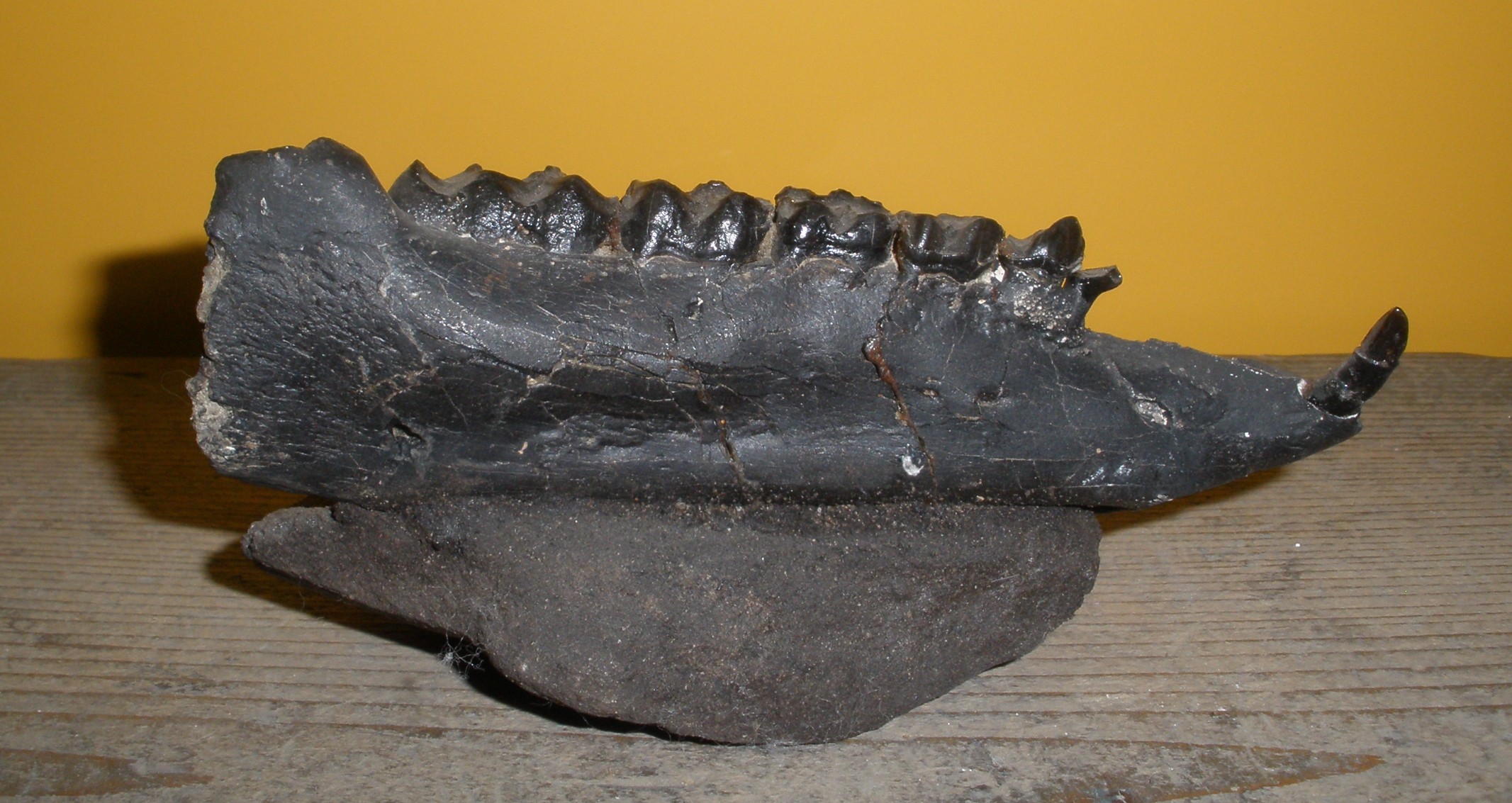Plagiolophus (mammal) on:
[Wikipedia]
[Google]
[Amazon]
 ''Plagiolophus'' is an
''Plagiolophus'' is an
extinct
Extinction is the termination of a kind of organism or of a group of kinds (taxon), usually a species. The moment of extinction is generally considered to be the death of the last individual of the species, although the capacity to breed and ...
genus
Genus ( plural genera ) is a taxonomic rank used in the biological classification of extant taxon, living and fossil organisms as well as Virus classification#ICTV classification, viruses. In the hierarchy of biological classification, genus com ...
of herbivore
A herbivore is an animal anatomically and physiologically adapted to eating plant material, for example foliage or marine algae, for the main component of its diet. As a result of their plant diet, herbivorous animals typically have mouthpart ...
. The genus ''Plagiolophus'' is documented, almost solely in Western Europe
Western Europe is the western region of Europe. The region's countries and territories vary depending on context.
The concept of "the West" appeared in Europe in juxtaposition to "the East" and originally applied to the ancient Mediterranean ...
, from the middle Eocene
The Eocene ( ) Epoch is a geological epoch (geology), epoch that lasted from about 56 to 33.9 million years ago (mya). It is the second epoch of the Paleogene Period (geology), Period in the modern Cenozoic Era (geology), Era. The name ''Eocene' ...
up to the mid Oligocene
The Oligocene ( ) is a geologic epoch of the Paleogene Period and extends from about 33.9 million to 23 million years before the present ( to ). As with other older geologic periods, the rock beds that define the epoch are well identified but the ...
. The genus displays a wide range in size and weight (between 10 and 150 kg).
References